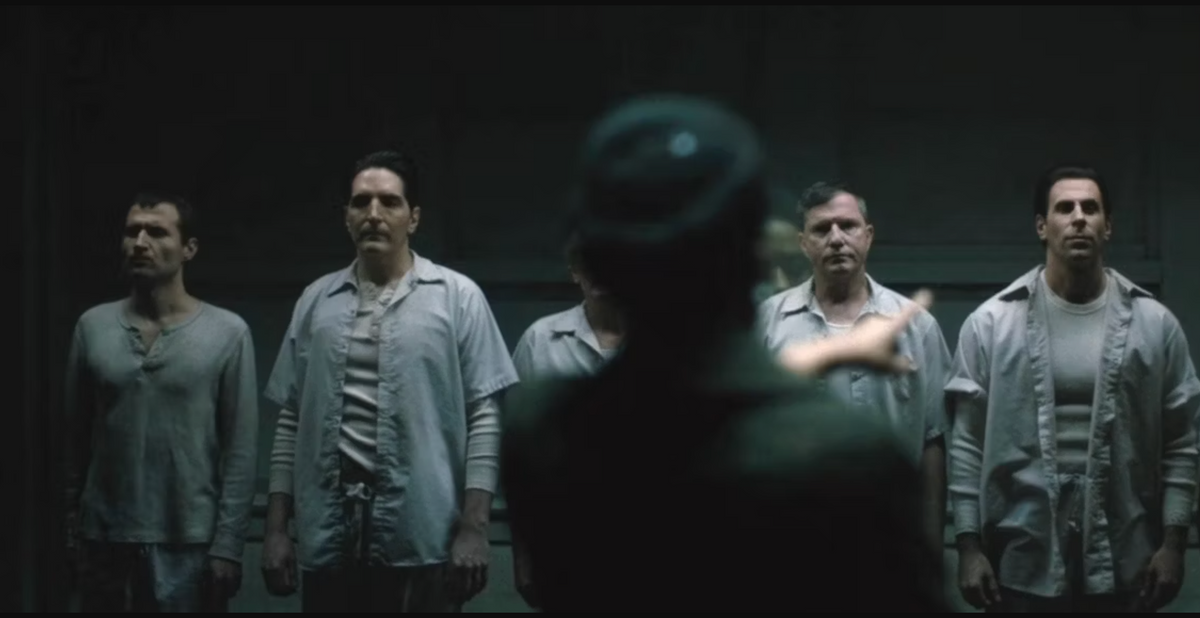True Crime: Boston Strangler (dir. Matt Ruskin, 2023)
Journalist likes movie about journalism, film at 11

My mother was a newspaper reporter in the 1970s and early 80s. She covered education — which, in 1970s Mississippi, basically meant covering hate crimes and/or the ongoing attempts to bring back school segregation — and she sometimes wrote personal essays about parenting, after she had me, because it was easy. Some of our Christmases were spent getting death threats from the Klan. She probably needed the break.
She only ever covered one murder, though. “It wasn’t a big mystery,” she told me, when I was in middle school. “It wasn’t exciting, the way they make it look on TV. It was just some loser sitting in his living room covered in his wife’s blood.”
I never forgot the way she phrased that. It was one of the best things my mother ever did for me. I was a bright kid who got picked on, and kids like that — boys like that, especially — often grow up to have terrible compensatory fantasies. When your whole world is made up of bullies and the bullied, the job you aspire to is “bully;” that’s how the world goes round, and gets sadder, day after day.
If I didn’t fall down the Tyler-Durden-Red-Pill-Andrew-Tate-Heath-Ledger-Joker hole, well, that was partly due to the body I was born with — the type of power those men wielded was never intended for me, and I could never realistically have much of it — but more of it was due to my mother. She taught me, early on, that there is no glamour in evil, no Byronic romance. It’s just ugly and stupid and sad.
Boston Strangler is a movie about female newspaper reporters covering murder in the 1960s, and I enjoy it as a look back at the world my mother occupied. (My favorite detail, not portrayed here: There were four ashtrays in four corners of the newsroom, so you would light four cigarettes at once and just smoke whichever one was closest at the time.) It’s also a movie about misogyny, both the kind you’d face as a female reporter in those newsrooms and the kind that leads someone to rape and murder (at least) thirteen women.
The third about of this movie — the riskiest and most interesting — is a story about how media shapes our perception of reality, and how individual reporters, and their biases, shape that media. The Boston Strangler might not have been covered at all if there were no female reporters at the Boston Record-American — or, at least, that’s what the movie contends. The initial victims were old women, unglamorous subjects, who (again, according to the movie) were dismissed as “nobodies.” It took a woman, specifically Loretta McLaughlin, to know that some readers would care about crimes against women, even ones who weren’t famous or rich or pretty.
Yet, at a certain point in this movie, it also becomes clear that “the Boston Strangler” is a fiction. He’s a clean, compelling narrative — some anonymous, faceless monster who hates women — that McLaughlin has superimposed on an increasingly messy set of facts. Looking for “the killer” is getting in the way of understanding what, exactly, is killing all these women. It may even get some of those women killed. Building “the killer” up into some uniquely horrific monster blinds McLaughlin to the structural realities that are staring her in the face.